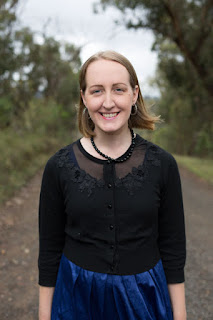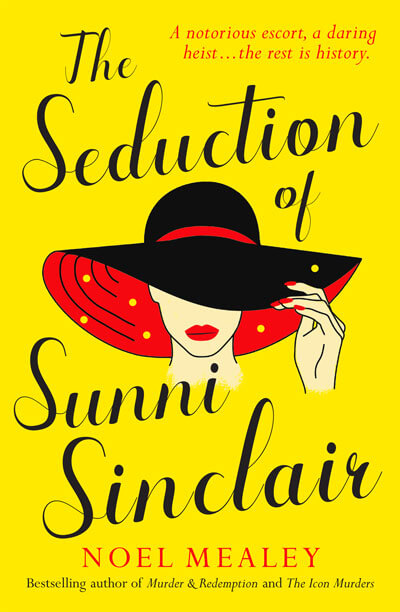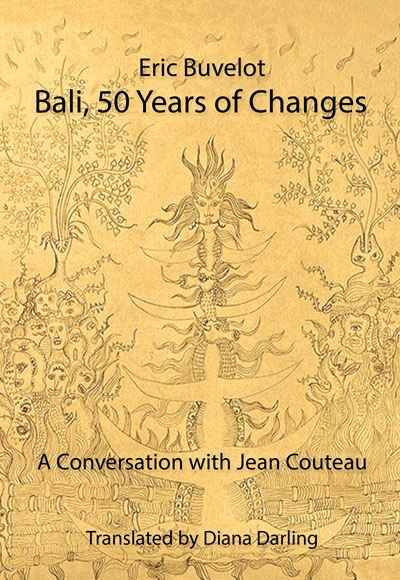Lois Shepheard

Lois Shepheard was born in New South Wales to a father from Scotland and a mother descended from Scots. Lois Shepheard is an Australian of Scottish parentage. Lois studied in Australia.
Lois was sent to learn the violin to play reels and hornpipes, and became a professional musician. Her lifetime in music included study at the New South Wales State Conservatorium of Music and the Talent Education School of Music, Japan. She has played in the Sydney Symphony Orchestra with Dr Shinichi Suzuki and was a lecturer at the University of Melbourne and the State College of Victoria Institute of Early Childhood Development. Lois has taught at various schools and tertiary institutions in NSW and Victoria. For a time, she was Professor of Viola and Director of the Suzuki Program at Western Illinois University in the US.
Recent exploration into her family’s Scottish history led her to research Dr Alexander Skinner, the subject of this book. In recent years, Lois was introduced to the fascination of family history. As she looked into the lives of her ancestors, she realised that each was a tale waiting to be written. Lois’s first book on things Scottish won the 2011 IP Picks competition for creative non-fiction.
This great, great, great granddaughter of Black McIntosh from Scotland’s Black Isle, has a son and two grandsons in Melbourne and a daughter in Cologne, Germany.
Lois’s first book on things Scottish, The Rag Boiler’s Daughter, won the 2011 IP Picks Award for Creative Non-fiction.
Other books by Lois Shepheard published by IP: Memories of Dr Shinichi Suzuki – Son of His Environment and Black McIntosh to Gold.
Sample
New South Wales was short of sugar needed for the rum trade and in 1809 began to import it from places like Batavia, India and Canton in China. That same year, a baby was born in the fishing village of Avoch on the Black Isle, in the Highlands of Scotland. As his parents had him christened Alexander, there in the little church on the hill, they could not foresee his future connection with either sugar or New South Wales in the far away land called Terra Australis.
Alex Skinner, the eighth child of a master fisher, grew into a restless little boy, always looking for new entertainment. He did have one ongoing activity though. Every day, he and his grandmother went to Avoch’s pink-pebbled beach where they picked up driftwood, sea snails and mussel shells, broken and worn by the North Sea waves, to create the biggest, most ornate sand castles surrounded by labyrinths of streets and cottages.
Every afternoon, Alex cried when the fisher wives came to hang their nets out to dry and trampled his handiwork flat. His mother would meet him at the door and follow the sorrowful child into their cottage with: ‘I told ye no’ tae build there, Alex. Go further along the beach.’
‘But Mama,’ Alex answered. ‘That’s where Grandmama takes me.’
His mother sighed. One couldn’t reason with her mother in law; the poor lady had lost any ability to understand. The grandmother that went hand in hand to the beach with Alex was now a child herself.
Alex’s mother comforted the little boy, told him he was clever and that he’d be even smarter when he grew up. The laddie sat before the great open fire while she cooked on the griddle iron hanging over it. As he scoffed delicious griddle scones, he forgot his woes and went to the bed he shared with his brother, on the other side of the room. He dreamed of the biggest ever sand castles and each morning set off again for another disappointment.
‘Take him further along the beach today, Mither,’ his mother would call out to Grandmama. ‘Don’t go near the net lines.’
As Grandmama resolutely made her way to their accustomed spot, holding Alex’s hand tightly, the lad’s mother would watch them and sigh again. ‘Och! He’s a brave wee laddie.’
One afternoon, there were dolphins frolicking out in the bay. Alex’s granny smiled in delight at their antics and walked towards them into the sea. Alex followed, imploring her to come back. Soon the water was up to his chin and Grandmama was out much further, her voluminous skirts billowing round her like a bluebell flower. A fisher wife on the beach spied Grandmama, set out to rescue her and had already stepped into the sea before she saw the little auburn haired head marginally nearer the shore.
Over the next few months, Grandmama’s condition deteriorated and she was confined to the house. Alex dodged her clutching hands as he passed her chair. He backed away in abhorrence when she screamed with laughter, her long grey hair hanging over her face. How Alex wished for her company as he went away along the beach, past the fishing net lines, past the end of Henrietta Street where the stream empties into the bay and past the place where the High Street comes down near the shore.
There, he built the biggest, grandest sand castles. The only interruption now was from the seagulls as his digging produced delicious worms and dislodged morsels of razor clam from deep in the sand. The little boy was nervous at first but the birds trod delicately round his constructions and left them intact. Alex rushed home at the end of each afternoon and told his grandmother of his achievement. She smiled an uncomprehending smile.
Alex was six when Grandmama was buried in the Avoch churchyard. How Alex wished she were there, still able to take him to the shore, and at home, still able to tell him the tale of the Sutors of Cromarty.
Alex loved that ancient tale. Grandmama told it like this:
‘Once, a lang time since, there were two giant cobblers, Alex. In the Latin tongue they were called sutors. One sutor lived on the north headland and anither on the south. Och, they were sae tall! When they stood on their toes on the cliffs, their heads touched the clouds. But they had only one set o’ tools for the cobbling. They had tae share they by throwing them back and forth tae each other across the waters of the firth. No one can tell how the cliffs themselves came to be called “The Sutors”, Alex, or how long they’d stood there. But my ain grandpa told me this tale when I were wee, and he said the cliffs are even older than the story.’
Alex always searched for those shoemakers when he went to Cromarty but no matter how he peered and squinted, he never found them. He wondered how the giants could hide so well and concluded that he was just unlucky and that every time he looked, they had just gone behind the hills. Once he was sure he saw some tools flung from one of the headlands but they weren’t tossed to the other headland. They seemed to be hurtling straight towards Alex.
‘Look, Papa,’ the boy shouted gleefully. ‘Look at they giant tools. Can we catch them?’
But his father laughed. ‘They’re only birds, wee laddie,’ he chuckled.
‘No, they’re no’ birds, Papa,’ cried Alex. ‘Can we catch them?’
It was a flock of long-necked shags, grunting and croaking, that soared overhead. But Alex knew he hadn’t been mistaken; they had been tools at first.
He was quite sure the giant shoemakers were masters of miraculous magic and had transformed them. He already believed he was rarely mistaken.
Alex was sent to the Avoch Parish Church manse where, two afternoons a week, the minister’s wife tutored some of the village lads. By the time he was ten, he had proved his great aptitude for learning. His parents knew he was meant for a brilliant career of some kind. But the youngster who wouldn’t admit an error had developed into one of those annoying lads who thought he had to be superior at just everything. He spent his time convincing himself and everyone else of this fact. If his opinion on any subject were questioned or criticised, he busily set about proving he wasn’t wrong.
While this little Avoch boy worked at attaining superiority, out in the colonies a Scotsman considered the possibility of growing sugar in northern New South Wales. He was given permission to try and in no time, rum was produced at cane fields at Port Macquarie and a partnership was operating the Sydney Distillery. When bureaucracy deemed that particular Scotsman unqualified to manage sugar production and no one could be found to replace him, the scheme was abandoned.
Of course, news of the colonies held no interest for most of the boatmen and fishers of Avoch where they were born, married and died without venturing even to a nearby village such as Cromarty. The Skinners, though, were not a typical Avoch family; they had relatives out in India. Young Alex listened avidly to tales of the East and determined to see the world.
His father owned fishing boats that sailed in Avoch Bay and larger vessels moored in the firth of Cromarty, further up the coast. These went out between the Sutors, to fish in the North Sea.
As a lad, Alex watched those boats earnestly, always hoping for a glimpse of the giants. As he grew older, he helped his father with the fishing fleet for a time, sailing between the Sutors and smiling to himself as he remembered his childhood fancies. But Alex couldn’t imagine a career merely as his father’s assistant on a boat. So when he was seventeen, he became an apprentice in a newly opened whisky distillery. He could easily see himself as a future leader in this field and told his family and friends so.
When the distillery was forced to close and left its manager bankrupt, Alex was mortified that he’d ever been associated with it and announced, ‘I never thought it would be a success.’


























IP (Interactive Publications Pty Ltd)
“Very interesting story with Maggie a worthy heroine. Her life and struggles with hardship, loss and changing times – not to mention the tremendous feat of bearing 17 children – kept me reading until the end. Good background information about the Protestant and Catholic conflict in Scotland and Northern Ireland. It is a book well worth reading!”
– Willow, Kindle reader